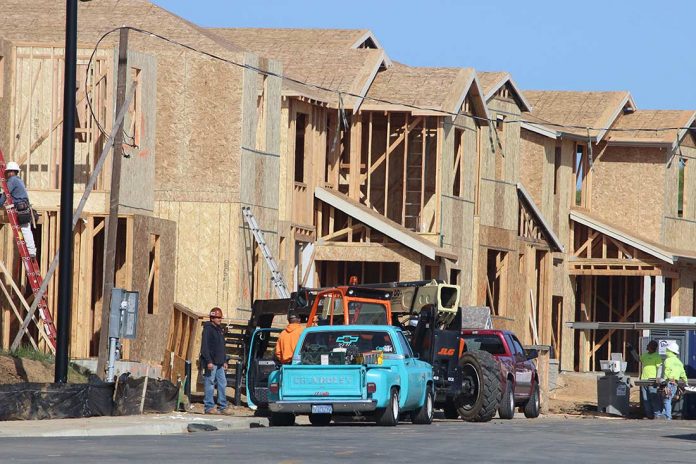
A number of bills have been introduced by the California legislature over the past few years intended to spur housing development and curb the rising numbers of homeless in the state.
But many cities across the state argue that these bills threaten local control and disregard years of careful planning by jurisdictions.
Such is the stance the City of Gilroy is taking after the city council approved a resolution Feb. 22 that tells state legislators it is opposed to bills that interfere with its ability to control its own destiny.
The council voted 4-2 in favor of the resolution, with Councilmembers Rebeca Armendariz and Zach Hilton dissenting. Councilmember Fred Tovar was absent due to a family emergency.
According to City Administrator Jimmy Forbis, Gilroy has been asked by a representative of Torrance City Councilmember Michael Griffiths to adopt a resolution that expresses its opposition to various proposed housing legislation, while also showing support toward strengthening local authority.
So far, 45 cities in the state have adopted a resolution, with the neighboring City of Morgan Hill expected to consider it in the next month, Forbis said.
The resolution is not a legally binding document, and it only serves as a message to the state that some housing issues are best handled at the local level, according to Forbis.
Various housing laws have been proposed over the past few years, with many being denied. However, Senate Bill 330, which went into effect on Jan. 1, 2020, prohibits cities from disapproving low-income housing projects over the next five years, and among other things, allows unlimited residential permits and expedites permit processes, regardless of a local municipality’s individual restrictions.
Forbis cited a proposed 120-unit housing development at First Street and Kern Avenue as an example in Gilroy, as the city will not have input on design or other aspects of the project.
Hilton said he has been trying to bring various items to a future council agenda, such as a regional homelessness plan, but has been denied.
“I’m having a hard time with the fact that a citizen who is volunteering for a councilmember from a beach town in Southern California has enough power to get an item on our agenda, including a resolution for this legislative body to take an action on tonight,” he said.
He added that state legislators have stepped up to address housing issues when local control has “failed us.”
Gilroy doesn’t have the ability to implement housing policies fast enough, Hilton said, adding that the city did not create housing design policies in response to a state bill passed in 2017.
“Local control has been taken away because elected leaders of the past have failed to listen to the needs of all their constituents,” he said.
Armendariz agreed with Hilton that it was a concern over how the item was added to the agenda, adding that Gilroy’s housing needs aren’t being met.
“We are in a desperate situation,” she said. “If the state legislature has to step in and tell all our communities, ‘You are not doing what needs to be done, you have to do x, y and z,’ then that is time for us to look at what we are doing and what we are not doing. It is not time for us to circle the wagons and say we have the right to do this or that.”
Councilmember Carol Marques said the city has been asked for months to consider the resolution. Proposed housing policies from the state do not take into account the increase in services these developments would require, she noted.
“It comes to a point in time that cities have to take a stand,” she said. “They can’t allow someone who has never lived in Gilroy to tell us how to design Gilroy. We need to keep our character in the city. No one knows our city better than our citizens, our city staff and the council, because we live here.”
Mayor Marie Blankley said residents expect their local elected officials to stand up for their city.
“This is an opportunity for cities to push back some and say, ‘Hey, you’re stepping on our ability to run our own city,’” she said.












